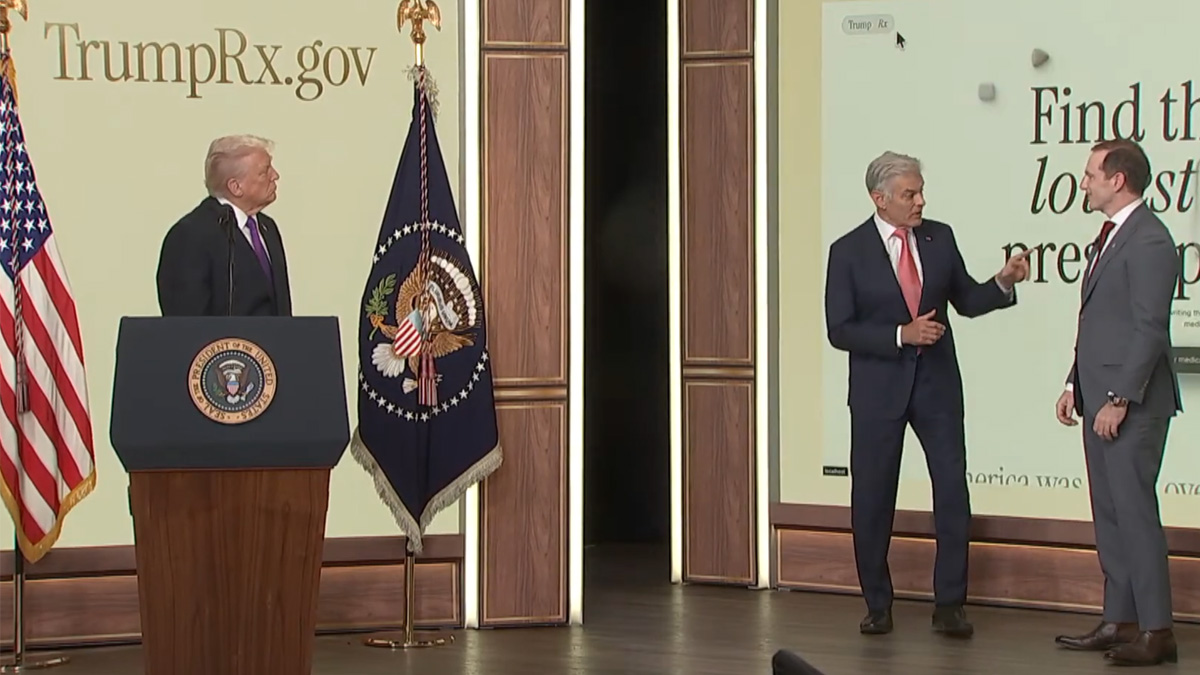Trump administration orders reversal of full SNAP benefits after Supreme Court stay
The Trump administration has directed states to retract full SNAP benefits issued after recent court orders, following a Supreme Court stay. States like Wisconsin warn of financial chaos without federal reimbursement, while governors and senators across the U.S. have strongly criticised the move.

- The Trump administration has ordered states to retract full SNAP benefits issued after court rulings, following a U.S. Supreme Court stay.
- States warn of operational chaos and legal exposure if benefits already paid are not reimbursed.
- Governors and lawmakers across several states have condemned the directive as punitive and disruptive.
The administration of former U.S. President Donald Trump has directed states to reverse Supplemental Nutrition Assistance Program (SNAP) payments made under recent court orders, following a U.S. Supreme Court decision to temporarily halt those rulings. The move has intensified a contentious legal battle over food assistance affecting 42 million Americans.
The U.S. Department of Agriculture (USDA) issued the directive on 9 November 2025, one day after the Supreme Court granted an emergency request by the Trump administration to pause lower court rulings that had compelled the government to distribute full SNAP benefits during the ongoing federal shutdown.
Patrick Penn, Deputy Undersecretary of Agriculture, informed state SNAP directors that any full benefit payments processed for November 2025 were now considered “unauthorised.” States, he wrote, must “immediately undo any steps taken” to issue these payments.
The instruction has drawn sharp backlash from states and lawmakers. Wisconsin Governor Tony Evers, a Democrat, firmly rejected the order, stating, “No.” Evers argued that Wisconsin’s payments to nearly 700,000 residents, including 270,000 children, were made in compliance with a valid court order.
“After we did so,” Evers stated, “the Trump administration assured Wisconsin and other states that they were actively working to implement full SNAP benefits for November and would ‘complete the processes necessary to make funds available.’ They have failed to do so to date.”
The USDA has also threatened financial penalties for non-compliance, including revocation of administrative reimbursements and potential liability for states over alleged “overissuances.” The agency has not clarified whether the directive applies to states using their own funds or only those relying entirely on federal dollars.
Senator Lisa Murkowski, a Republican from Alaska, expressed concern about this ambiguity. “It’s one thing if the federal government is going to continue its level of appeal through the courts... But when you are telling the states that have said this is a significant enough issue in our state... those states should not be penalised,” she said, according to the Associated Press.
Governors from several Democratic-led states joined Evers in denouncing the order. Oregon Governor Tina Kotek called the demand “ridiculous” and “immoral,” affirming that Oregon had acted lawfully under federal court guidance and her own state emergency declaration on food insecurity.
“Trump’s demands have no impact on what we already distributed,” Kotek said, defending her administration’s decision to swiftly issue full benefits. “I am disgusted that President Trump has the audacity to take taxpayers’ money away from them when they are in crisis.”
In Massachusetts, Governor Maura Healey pledged to resist the directive in court, stating that residents who received benefits before the Supreme Court stay “should continue to spend it on food.” Healey contended that the state had processed the payments lawfully under prior USDA guidance and lower court rulings.
“President Trump should be focusing on reopening the government that he controls instead of repeatedly fighting to take away food from American families,” she said.
The origins of the conflict trace back to lawsuits filed by nonprofit organisations and Democratic attorneys general in November, seeking to compel the Trump administration to maintain full SNAP funding despite the government shutdown. They initially won favourable rulings, prompting states to release full benefits.
However, before the Supreme Court issued its stay, the Trump administration had already indicated it would not reimburse states for the disbursed funds. Wisconsin now warns that, without federal reimbursement, it may run out of SNAP funding imminently, potentially leaving food vendors unpaid and triggering cascading legal claims.
A filing to the 1st Circuit Court of Appeals from more than two dozen states cautioned that failure to reimburse states could lead to “catastrophic operational disruptions.” It also noted the risk that states could be ordered to return “hundreds of millions of dollars in the aggregate.”
The USDA has yet to clarify how states are to "undo" benefits that have already been loaded onto individual recipients’ cards. Critics argue the order may prove unenforceable and devastating to both administrative systems and low-income households who have already used the funds.
Senator Amy Klobuchar, a Democrat from Minnesota, described the directive as emblematic of a deliberate policy of cruelty. “It is their choice to do this,” she said.
As the legal battles continue, the broader political context—the longest federal shutdown in U.S. history—adds urgency to the conflict. With federal operations increasingly paralysed, essential social programmes like SNAP remain at the heart of national debates on governance, responsibility, and human need.







